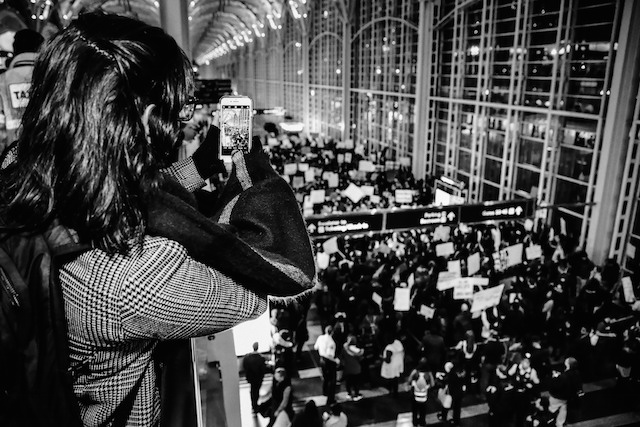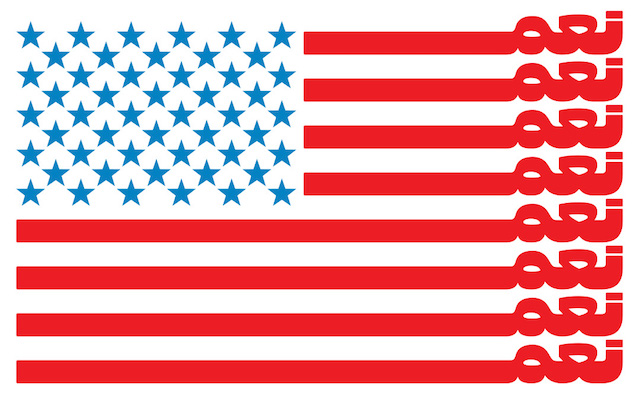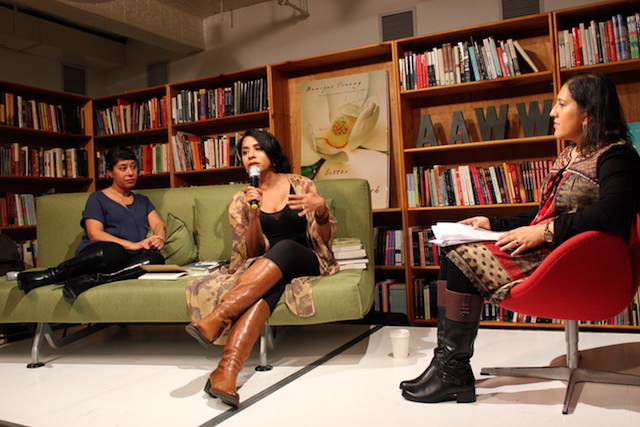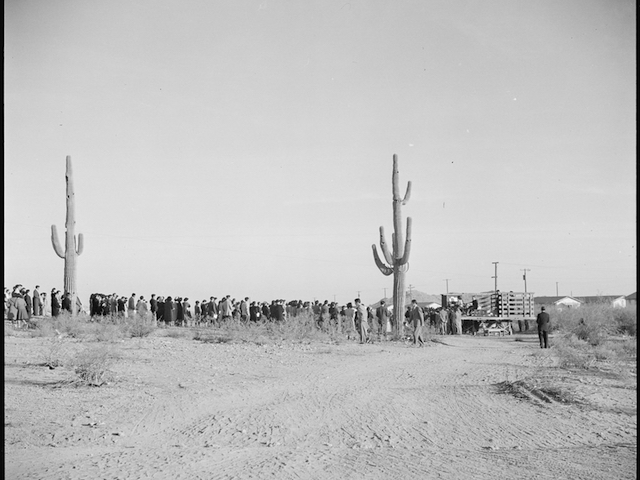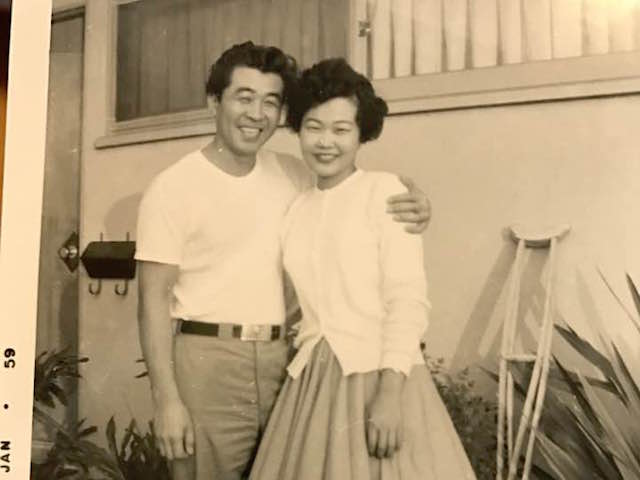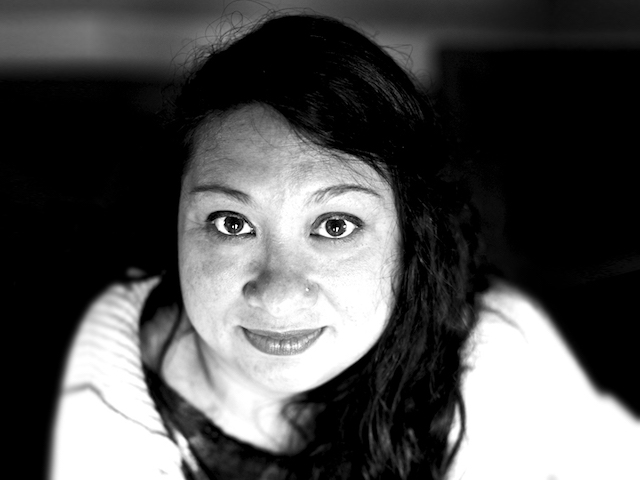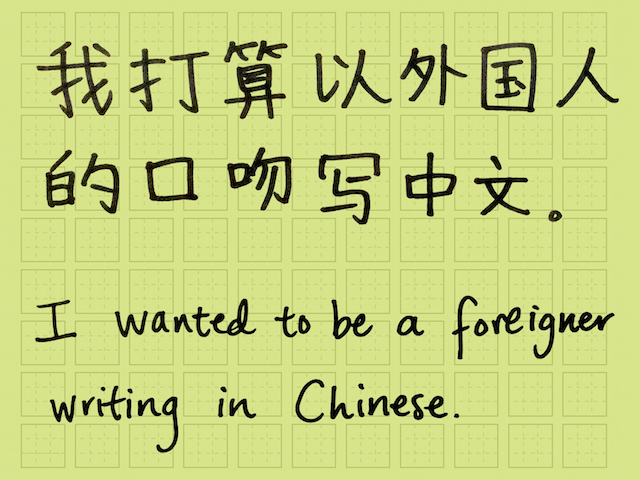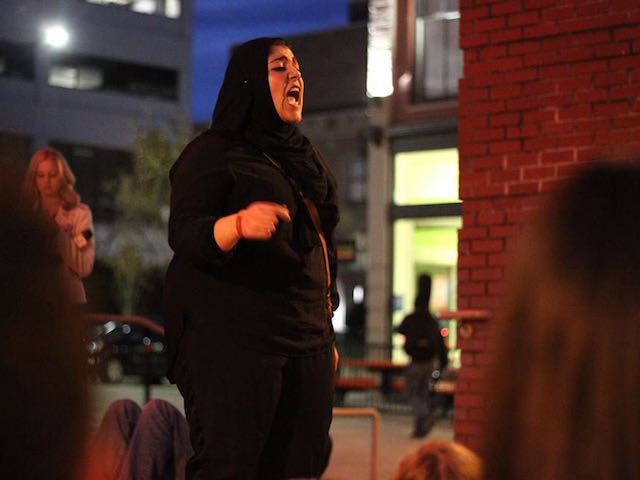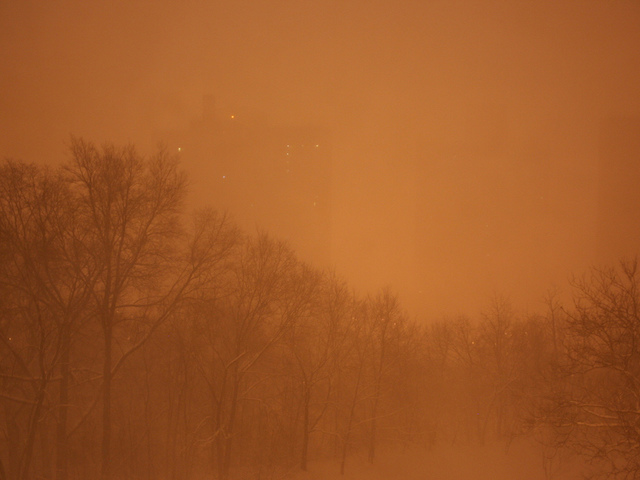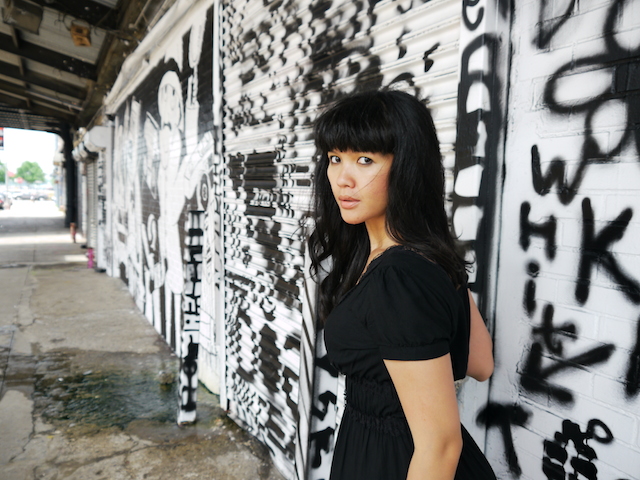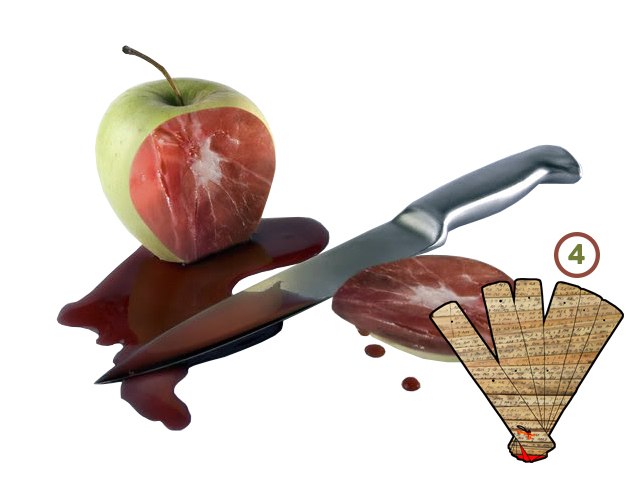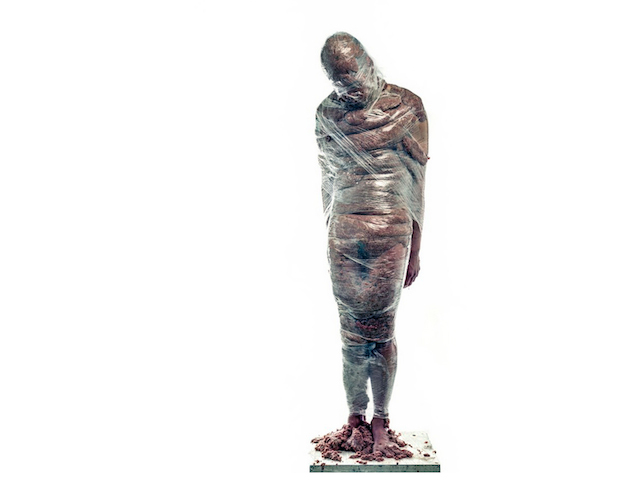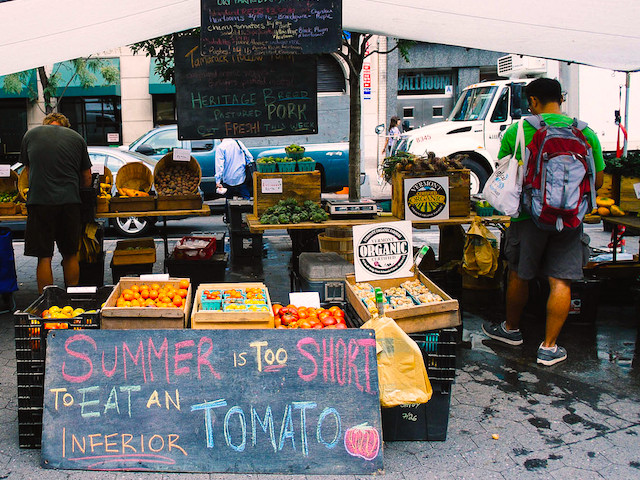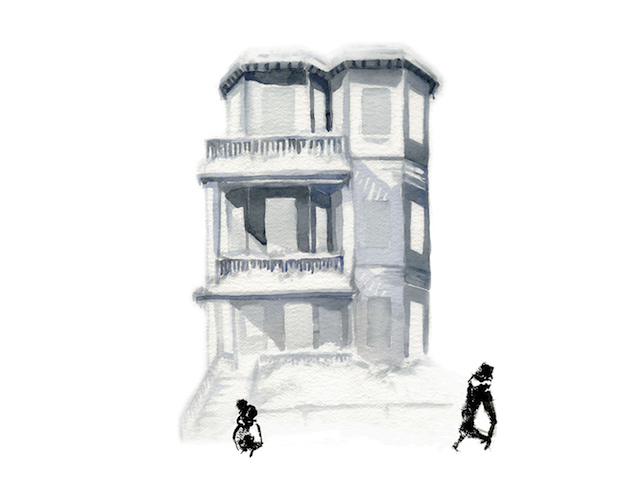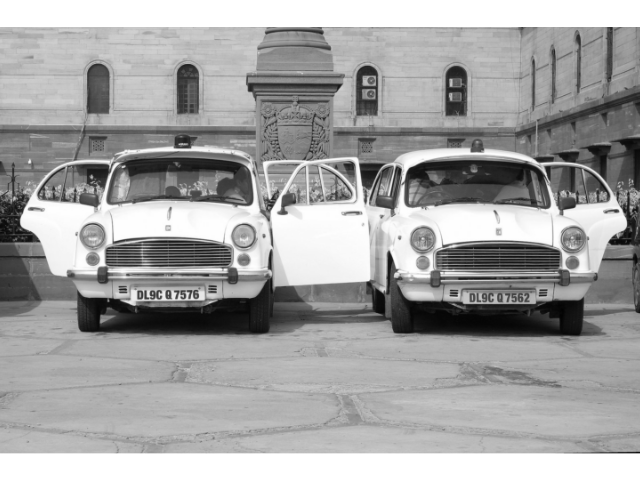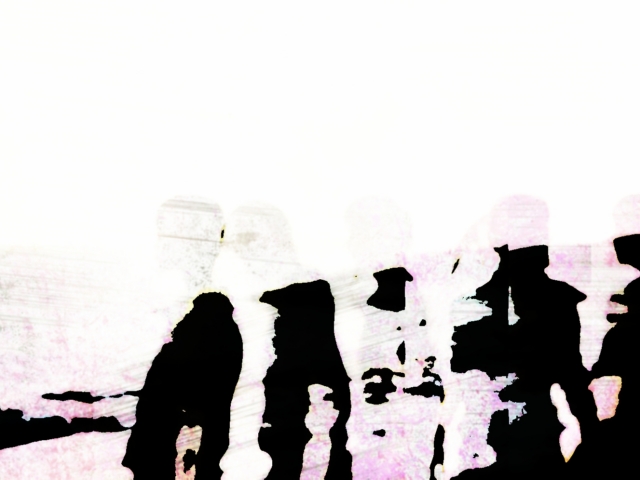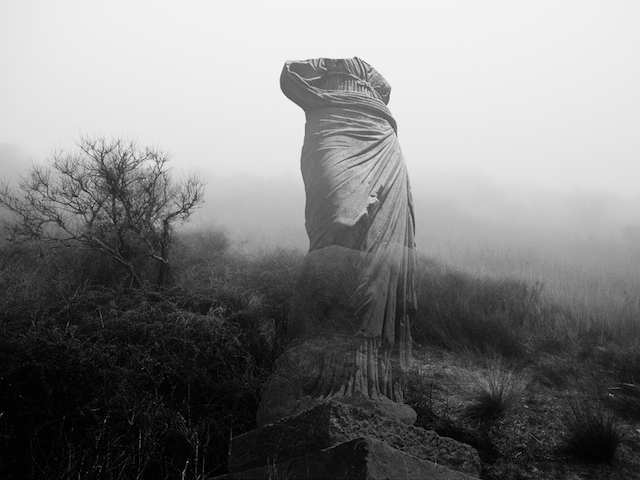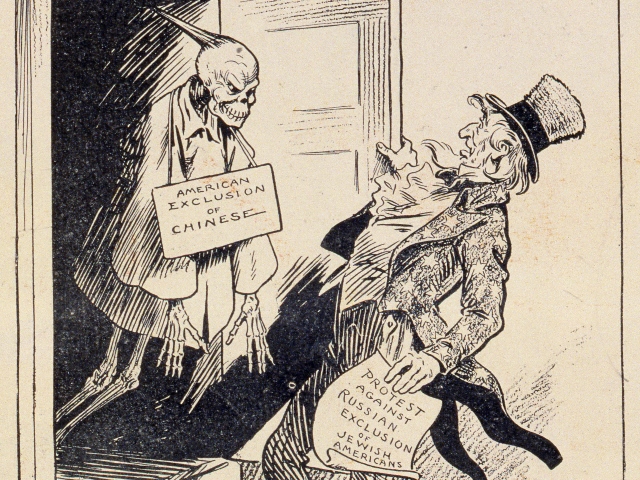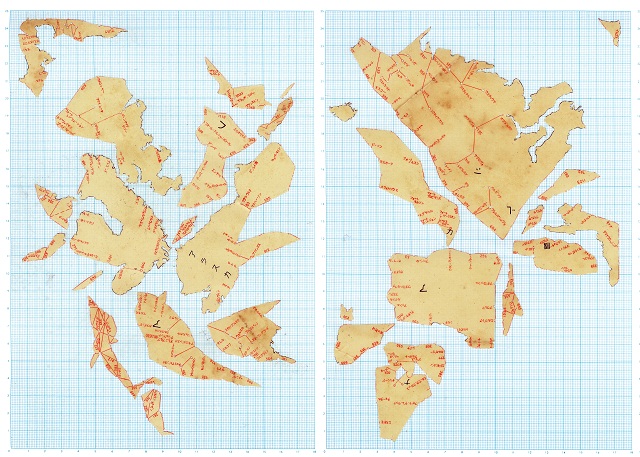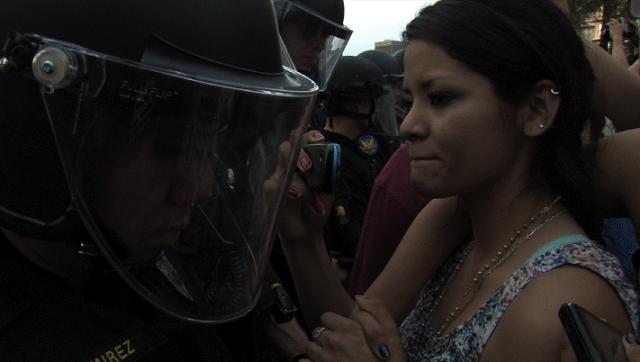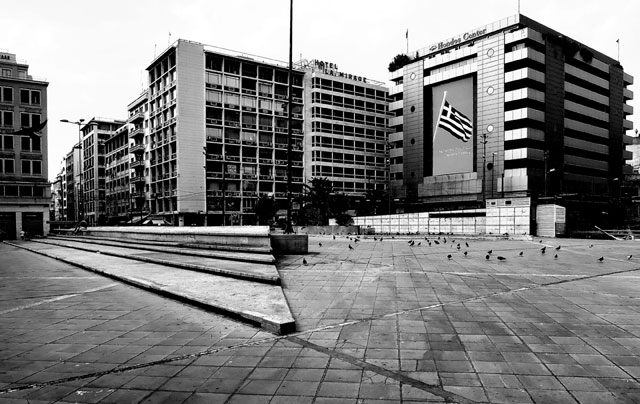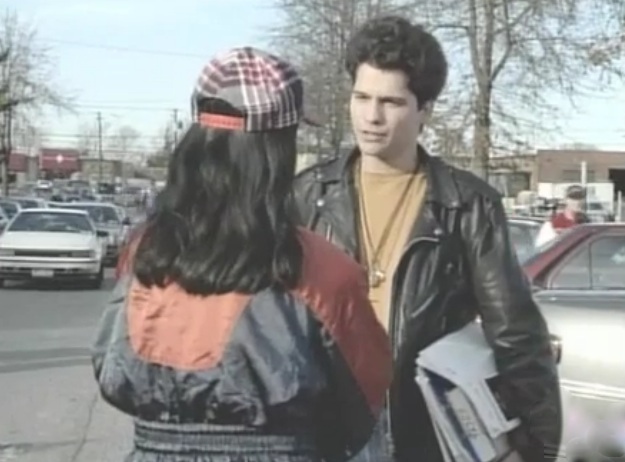Fifteen pieces that reimagine border and migration
There is a name for every kind of violence.
You want more than the count of their lives lost
How our writers have helped us name, respond to, and imagine beyond the politics of the past four years
‘Shayan closed his eyes and played for a couple of minutes. His touch was impeccable. His timing was flawless. His body movements were graceful. He ended on a C flat with his eyes still closed.’
Through stories, essays, and poems, writers imagine new narratives that speak to Trump’s Muslim ban
Novelist Shanthi Sekaran speaks with Race Forward’s Rinku Sen and Kavita Das about how our immigration system threatens families of color
Palestinian American community organizer Aber Kawas reflects on #IMarchWithLinda and putting the spotlight on those who are less visible
Delivered on Inauguration Day 2017
As Election Day approaches, remembering the story of my parents’ immigrant survival, from Japanese internment to community activism, proves more important than ever.
Did she look up, see the lettering on his nametag, N-A-D-A-R-A-J-A, and think to herself, “A Tamil I don’t know? In Findlay, Ohio?”
An interview with Bay Area poet, teacher, and artist Mg Roberts on interpreting graffiti, fragmented immigrant narratives, and how everyday is an opportunity to revise
‘Bonita, that engineer from Spain who always worked late, must have gone home already. Yong looked down at his ironed shirt and felt disappointed—if he had done the third floor half an hour earlier he might have seen her.’
‘Wanting privacy in a police state was sheer stupidity’—to tell the stories of her family in China without the threat of censorship, Yang Huang had to look beyond Mandarin.
‘That first day in America, she didn’t know the difference between police officers and immigration officers, or between waiting rooms and holding cells.’
As immigrant communities reshape Tennessee’s racial landscape, how the state has become a breeding ground for anti-Muslim sentiment
The author talks about her award-winning collection of short stories, which takes us on a contemporary Sri Lankan’s global journey
‘He doubts he has the capacity to uproot himself and start over in a foreign land at this age. But times of war and revolution have a tendency to embolden the meek, to electrify the confident.’
The Indonesian fiction writer Intan Paramaditha on the political potential of horror and writing as a feminist practice
‘In this way, people kept talking about her, and she continued to come to family gatherings. In the eyes of my relatives, she remained a problem that refused to be simplified.’
‘Shouldn’t be singing such a song, Ravi knew. But what to do? Inspiration, that was what was happening to him. He couldn’t help it. Had to let it out. He was artist. Couldn’t be always thinking about wars and horrors.’
An imaginary setting gave me, a child of immigrants, the authority to write about belonging unquestionably to one’s surroundings
Sustainable eating can often feel like the privilege of a well-heeled elite, but how do the appetites and labor of New York City’s immigrant communities fit into the picture?
“When she began crying, I thought about the rainfall in Viet Nam, how she said it was so heavy a person could hide in it.”
‘What he saw in this other world was the dust on men, not men themselves. It was the color of the land, not a history the land told.’
I didn’t expect him to smile and say, “I love you,” as Americans did. I had never seen him smile and I would never expect him to embrace me; he never had. But perhaps there was some way—some subtle, casual way—that he could acknowledge my worth.
‘Our apartment, our home, became an unfamiliar space. We still slept in the same queen bed, but no longer did we speak of upgrading to the capacious king. We could now easily fit two additional people in the valley of the bedsheet between us.’
A look back at the history behind ‘American Born Confused Desi’ and where it’s gone since
I look up at the trees. / Like me, they have disrobed. / They have disarmed me
An interview with Akhil Sharma, author of Family Life, on how to write a novel that has no plot, literary modernism’s influence, and remembering India
How fear of the “the mob” turned into racial exclusion. Excerpts from a recently published archive of anti-Asian fear
In three decades, the United States will have a “majority-minority” population. We asked four artists to consider this demographic shift. Here is Oyama Enrico Isamu Letter, an abstract artist and painter who draws on the visual elements of graffiti culture.
In an interview about his new book, State Out of the Union, author Jeff Biggers examines Arizona, the so-called “meth lab of democracy,” and the rogue state’s cycles of repression and resistance.
In Athens, an historic square and neighborhood now home to porno theaters, sex stores, and “café” brothels, is alive with immigrants—until it isn’t.
Ying Li talks to her novelist mother, Lin Chang, about the first Chinese-language TV show to be shot in the United States.
We would like to collect information during your visit to help us better understand site use. This data is anonymized, and will not be used for marketing purposes. Read More on our Privacy Policy page. You can withdraw permission at any time or update your privacy settings here. Please choose below to continue.




